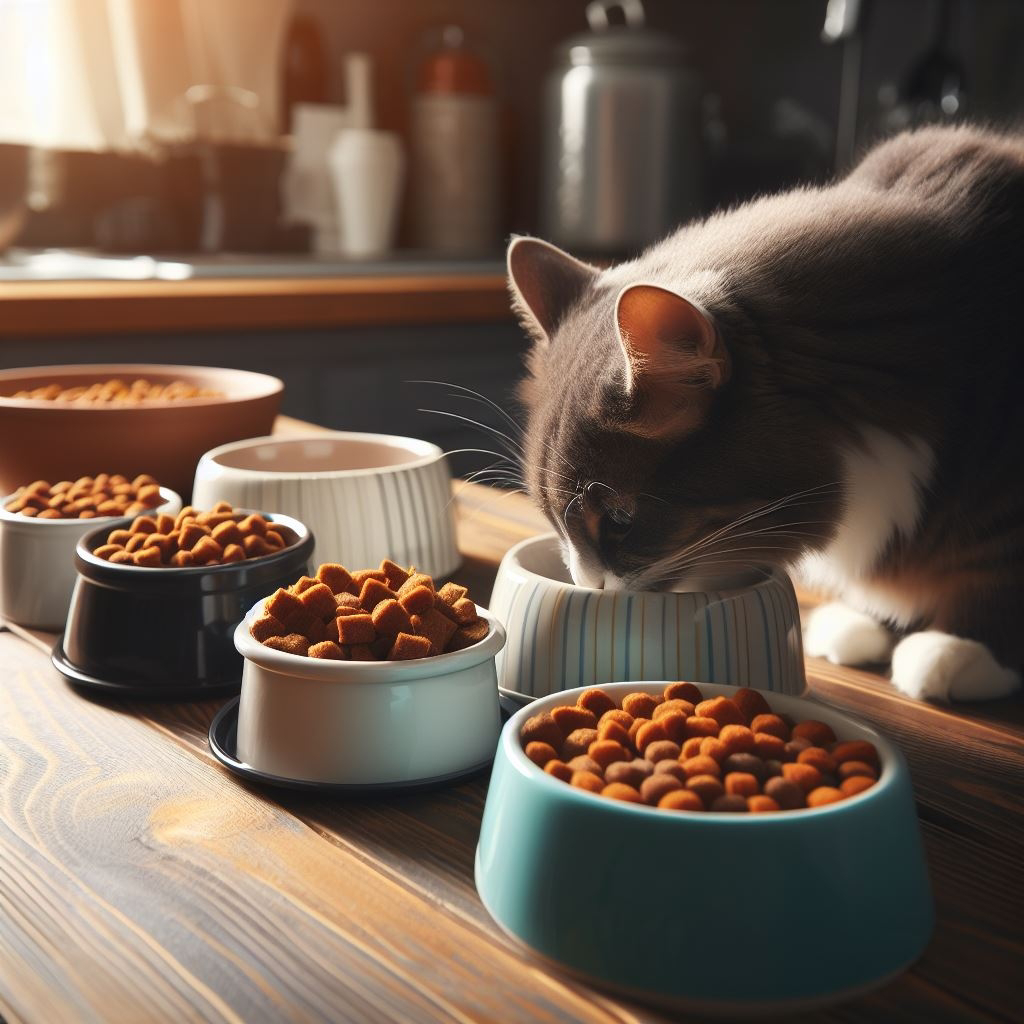Nourishing the Expectant Queen: A Guide to Cat Nutrition During Pregnancy
Nourishing the Expectant Queen: A Guide to Cat Nutrition During Pregnancy
Pregnancy is a special time for any mother-to-be, including our beloved feline friends. Just like humans, pregnant cats require special attention to their diet to ensure they receive the essential nutrients needed to support their own health and the healthy development of their kittens. Here's a comprehensive guide to cat nutrition during pregnancy:
1. Increased Caloric Intake: During pregnancy, a cat's energy requirements increase significantly to support both her own needs and the growth of her kittens. As a general rule, pregnant cats should be fed a high-quality, balanced diet that is rich in protein and calories. Your veterinarian can provide guidance on the appropriate amount of food to feed based on your cat's size, age, and stage of pregnancy.
2. Protein-Rich Diet:Protein is essential for the development of healthy muscles, organs, and tissues in both the mother cat and her kittens. Look for cat foods that contain high-quality sources of animal protein, such as chicken, turkey, or fish. Avoid foods that are primarily plant-based or contain fillers, as they may not provide the necessary amino acids for optimal nutrition.
3. Essential Nutrients:In addition to protein, pregnant cats require a balanced mix of vitamins, minerals, and fatty acids to support overall health and fetal development. Look for cat foods that are specifically formulated for pregnant or nursing cats, as they are designed to provide the appropriate balance of nutrients. Supplementing with prenatal vitamins or omega-3 fatty acids may also be recommended by your veterinarian.
4. Frequent, Small Meals: Pregnant cats may experience decreased appetite or nausea, especially in the early stages of pregnancy. To ensure adequate nutrition, offer small, frequent meals throughout the day rather than one or two large meals. This can help prevent digestive upset and ensure that the mother cat receives the calories and nutrients she needs to support her growing kittens.
5. Hydration: Proper hydration is essential for pregnant cats, as it helps support circulation, digestion, and kidney function. Ensure that your cat has access to fresh, clean water at all times, and consider offering wet cat food in addition to dry kibble to increase moisture intake.
6. Monitoring Weight Gain:Keep an eye on your cat's weight throughout her pregnancy to ensure that she is gaining weight at a healthy rate. A gradual increase in weight is normal during pregnancy, but excessive weight gain or loss may indicate an underlying health issue that requires veterinary attention.
7. Transitioning to Nursing: As the pregnancy progresses, your cat's nutritional needs will continue to evolve, particularly once she begins nursing her kittens. Be prepared to adjust her diet accordingly, providing ample food and water to support milk production and the increased energy demands of nursing.
8. Veterinary Care:Regular veterinary check-ups are essential during pregnancy to monitor your cat's health and ensure that she and her kittens are progressing normally. Your veterinarian can provide personalized recommendations for diet, supplementation, and overall care based on your cat's individual needs.
By providing a balanced, nutrient-rich diet and attentive veterinary care, you can help ensure that your pregnant cat remains healthy and comfortable throughout her pregnancy and delivers a litter of healthy, thriving kittens. After all, a well-nourished mother cat is the cornerstone of a happy and successful feline family.
thanks
see you again.
"; var message = "Check out this blog post: " + shareUrl; var encodedMessage = encodeURIComponent(message); window.open(`https://api.whatsapp.com/send?text=${encodedMessage}`); }



Comments
Post a Comment